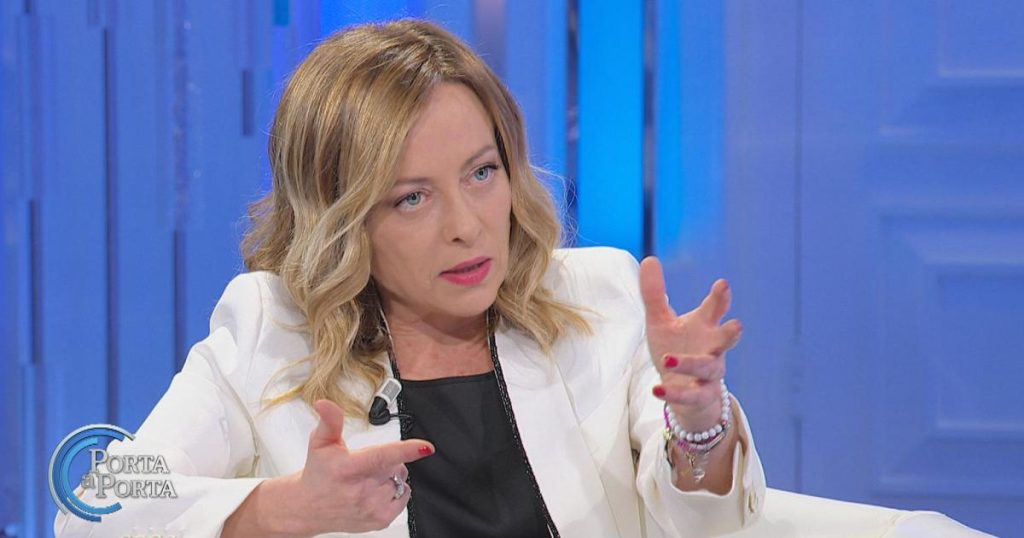In the aftermath of the discussion between Elly Schlein and Giorgia Meloni, where the issues of the opposition, the Bari case, and the upcoming European and administrative elections were addressed, a spotlight is put on the political adversary closer to Meloni – Matteo Salvini. Despite being portrayed as friends who engage in games of burraco together, tensions arise over the controversial “salva-case” rule that appears to cater to electoral interests. Meloni sends a clear message opposing divisive actions that may weaken the government and spark conflicts with opposition parties, emphasizing the need for unity and cooperation in governance.
Meloni also addresses the relationship with Ursula von der Leyen, highlighting the importance of delivering results for Italy through collaboration with the President of the European Commission. She emphasizes the differences in ideas between her party and the left, encouraging a focus on campaigning based on their own policies rather than engaging in unnecessary conflicts. Additionally, Meloni discusses the potential candidacy of Mario Draghi for the Commission presidency, hinting at a decision that is yet to be made by the Conservatives.
In the face of attacks from the opposition, particularly the Democratic Party, Meloni defends her reform of the Prime Minister’s office and criticizes the opposition’s desire for a system that allows them to govern even after losing elections. She remains wary of the idea of a runoff election and expresses support for maintaining the President’s prerogatives. Meloni also addresses the issue of the Bari case, advocating for fair treatment regardless of political affiliation in situations involving the dissolution of municipalities.
Regarding the Ilaria Salis case, Meloni criticizes the left for politicizing and sensationalizing the issue, potentially complicating negotiations with the Hungarian government. She stresses the importance of respecting the rule of law and judicial autonomy in fostering successful diplomatic relations, suggesting that government discussions can progress only after due legal process has been completed. Meloni also discusses various other topics, including psychometric testing for magistrates, the upcoming fiscal adjustments, the government’s approach to tax evasion, and healthcare reforms aimed at reducing waitlists and improving conditions for public sector employees.
Ultimately, Meloni’s appearances highlight her commitment to ensuring transparency, accountability, and efficiency in government operations. Despite facing criticism and challenges from both the opposition and within her own coalition, she remains steadfast in her efforts to deliver tangible results for the Italian people. The discussions around European elections, international relations, and domestic policy issues underscore the complex dynamics and competing priorities in contemporary Italian politics, with Meloni navigating these challenges while striving to uphold her party’s core values and principles.














